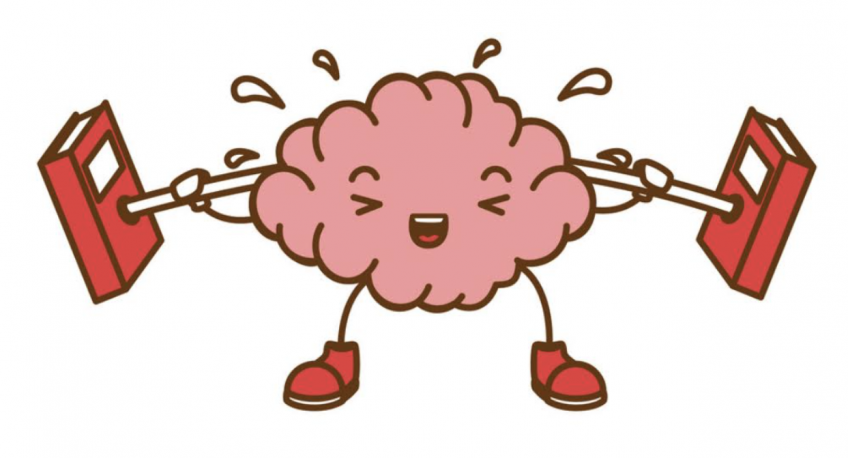It is a well known fact that as we age, our brains do, as well. This is noticeable in memory lapses, decreased cognitive strength and the decreased ability to learn. In a world where life saving drugs and antibiotics exist, shouldn’t there be a way to strengthen our brain, or improve its function in the long-term? Couldn’t there be a safe, effective supplement — like a multivitamin for the brain — that would ensure long-living, healthy brains? As this reasonable neuroscience question floated around for the past couple of decades, numerous pharmaceutical companies have jumped at this opportunity to deliver.
One of these companies is Quincy Bioscience, the manufacturer of the well-known, advertised product: Prevagen. This daily supplement aims to improve memory and overall cognitive function; it contains a calcium-binding ingredient originally found in jellyfish (known as apoaequorin). However, like all over-the-counter supplements, Prevagen’s statements have not been evaluated by the FDA. Although the television commercial doesn’t mention any major side effects for the drug, one must wonder whether the drug is truly effective. Evaluating this notion, a Harvard University blog assesses the claims that Quincy Bioscience makes. For instance, the main ingredient, apoaequorin, has no known role in human memory; experts believe that these types of supplements would be digested in the stomach, and not have an impact on our brains.
In the case of Prevagen, the company portrays a rise from 5% to 20% in “recall tasks” over the course of ninety days; yet, as the phrase, “recall tasks” is loaded with ambiguities, there’s no definite way to determine what these numbers represent. Furthermore, a published study on apoaequorin demonstrates minimal memory improvement; specifically it is unlikely to be absorbed to a significant degree as it would degrade into amino acids (monomers of a protein).
Since the United States Federal Trade Commision wasn’t convinced by the supplement’s benefits, it charged the supplement maker with false advertising; Quincy Bioscience was accused of selectively reporting data and misleading the public by claiming that Prevagen is “clinically proven” to improve cognitive function. More recently, in November 2020, a federal judge approved a settlement which required the manufacturers of Prevagen to provide cash payments to those who purchased the product. Even though the company admitted no wrongdoing, they agreed to stop marketing Prevagen with statements that it can improve memory without disclosing concrete scientific and clinical data.
Unfortunately, Prevagen is not the only supplement that has been credited with making exaggerated claims. It falls into a wider class of supplements known as pharmaceutical nootropics, or those that are meant to enhance memory and cognitive function. Booster drinks like “Shot of Genius”— which declare to provide customers with a boost in energy and brain function — and fall into this category. Despite the fact that the claims surrounding these products are unsubstantiated by clinical research, it has taken the market by a storm; the global nootropics market was valued at $2.17 billion in 2018, with an expected compound annual growth rate of 12.5% by 2025.
Nevertheless, there are other, less invasive ways to enhance brain function in the long-term. Arguably one of the most notable achievements in neuroscience is that it was demonstrated by research in mice and humans that it doesn’t take a neuro-centered multivitamin to improve brain function and slow the brain’s aging. Simple actions like receiving mental stimulation — by completing puzzles, fulfilling a meaningful hobby, or learning something new — will foster new connections between nerve cells and help the brain develop new cells, subsequently developing flexible neurological plasticity. This creates a functional learning reserve that would not only strengthen the brain, but also combat future cell loss. Overall, following a healthy lifestyle will lead to a healthier, stronger brain. Therefore, it doesn’t take a pill, or any other pharmaceutical product to strengthen our brains — it takes a brain.
Author: Sareena Naganand
